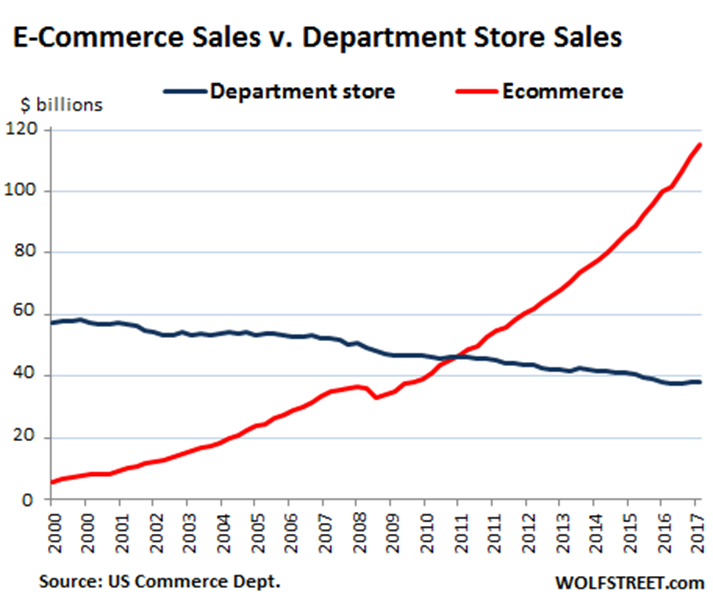Not entirely true. Corporate greed, deregulation, and low interest rates allowed for the creation of these mega media companies. As they gobbled up local stations, they also piled up debt. Then had to gut these stations as a way to turn a profit or increase profits for shareholders. This started a death spiral - gutting the local media sites which then reduced readers/listeners which reduced revenue which led to more cuts and on and on. That (plus Craigslist - classifieds where a HUGE profit center for newspapers) hurt way more than online content providers. Once quality of local media declined and the number of online offerings increased, audiences shifted. But that was a reaction to the decline of local media, not the cause of if.
We'll agree to disagree on this. The revenue for papers were most impacted by classifieds, that's 100% true. But the decline is still largely from the internet. Say what you want about the papers but I used to read them ravenously. It was the only real source for news. I remember heated debates about where ISU was vs. Iowa on the page, how long or how many articles there were, etc.
If that was still the only real source of ISU news, I'd be subscribing. From 2007 to 2017, the register lost half of it's subscribers. People my age and younger don't get the paper. The amount of content available for me to read about ISU has never been higher, and quite frankly, it's never been better.


